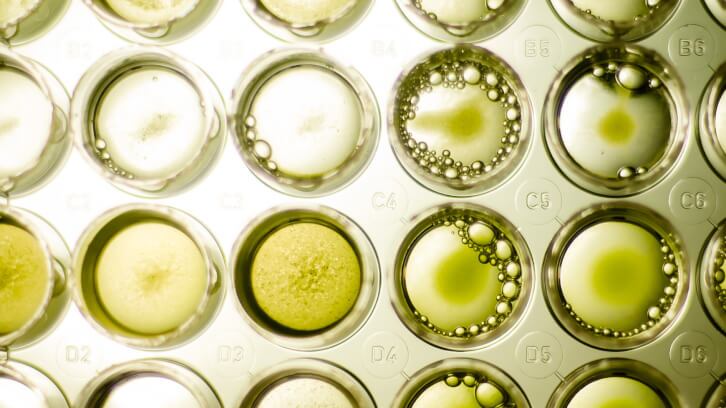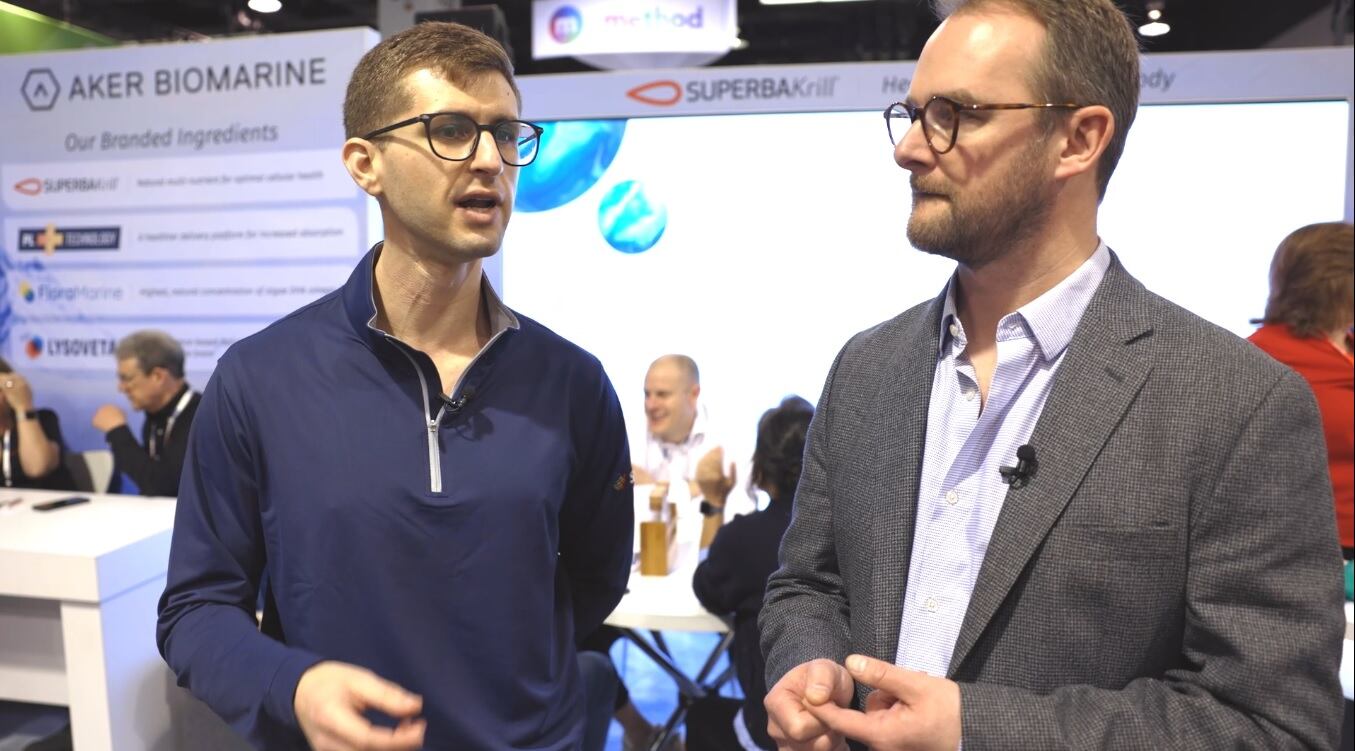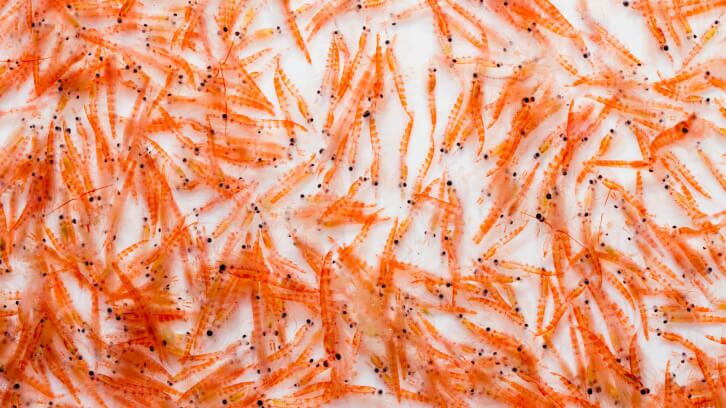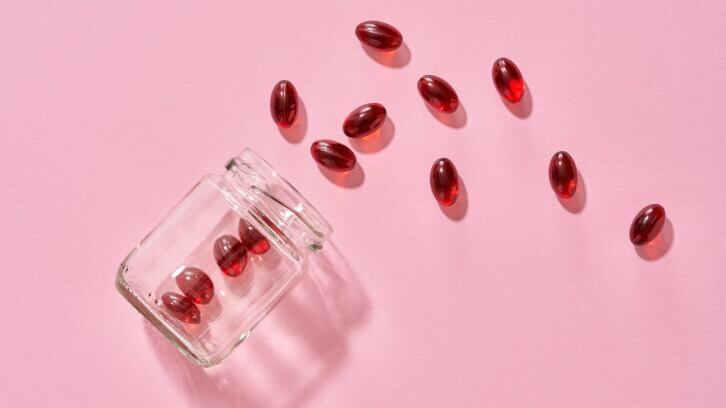“I think what the market needs is someone like us that has done what we’ve done with krill to build it up over time, get science behind it, get customers and drive that growth over to that new category because I think algae deserves a bigger spot than what it has today as a vegetarian-based, sustainable, alternative for omega-3,” Matts Johansen, CEO at Aker BioMarine, told NutraIngredients-USA.
The Norwegian biotech and fishing company launched the new ingredient as FloraMarine last week at the Expo West natural products trade show. It is positioned as the highest, natural concentration of algae docosahexaenoic acid (DHA) omega-3 on the market.
Preparing for the market squeeze
While Johansen acknowledged that the global market for algae supplements is currently very small compared to marine omega-3 counterparts, he noted that companies may not be aware of the greater pressures on the fish oil supply beyond the underwhelming Peruvian fishing seasons in recent years.
“Everybody focuses on Peru and El Niño and the situation there, but I think it's a much more systematic problem than that,” he said. “To think that this is going to be a problem that we'll just solve by getting the normal harvesting season in Peru again, I don't believe that.”
He highlighted the renewed demand for fish omega-3 as feed in the aquaculture industry (where Aker BioMarine provides the bulk of its krill-based marine proteins and omega-3s), explaining that breeders recently realized that farmed fish were diseased and dying because of the reduction of marine-sourced feed from 90% to 20% over the last 30 years.
“And then, all of a sudden, the omega-3 demand from aquaculture, which by the way, takes more than 70% of all omega-3 consumption in the world, started to grow by 5% per year,” he said.
In the face of a flat fish oil supply and an expanding market gap year-over-year, fish oil prices are on the rise, but the once prohibitively priced algae oil is becoming more cost-competitive as suppliers are increasingly able to cultivate and enhance algae biomass in tanks at scale.
“The prices are going to meet, and then algae will be a really good alternative to take care of that supply and demand squeeze that we will see for fish oil,” Johansen said.
Existing capacity and a unique microalgae strain
While krill oil remains Aker BioMarine’s flagship ingredient (with 40% growth reported last year), the company said it started building its algae-oil business two years ago—not only to solve for the increasingly volatile fish oil supply chain but to take advantage of its newly minted manufacturing capacity and nearly 20 years in the omega-3 business.
The company lays claim to being the only krill supplier that controls the entire harvesting and production process in a supply chain that stretches from krill harvesting in Antarctic waters through a logistics hub in Uruguay to its manufacturing facility in Texas.
“Given our industry know-how and leadership position, we were confident that we could do this right,” said Simon Seward, chief executive officer of human health ingredients at Aker BioMarine. “Our capabilities to extract various ingredients at our Houston manufacturing facility will help give us that competitive advantage.”
The facility, housed in a revamped food processing plant, came online in 2023 after the company decided to bring its production in-house as part of a drive to control process and introduce next-generation krill oil and other ingredients and blends to market. This same infrastructure and capacity are used to purify the raw material received from its algae oil suppliers, allowing Aker BioMarine to enter the market with favorable pricing.
FloraMarine is an extract of the Schizochytrium sp. microalgae strain, known for its naturally high DHA content and thus requires minimal processing. Aker BioMarine contrasts this with standard, natural triglyceride fish and algae oils that are low in concentration and need to be up concentrated and molecularly altered into ethyl esters or re-esterified triglyceride molecules.
Asked about the response to the FloraMarine launch, Johansen said that the move may come as a shock to customers given Aker BioMarine’s laser focus on krill since launch in 2006 but reaffirmed that it makes sense based on where the company thinks the market is headed.
“Krill is a much more expensive product, so you can't switch it over directly, and we already have most of the market for krill already,” he added. “There’s no market to capture, but with algae, we can go and grab market share right away, and then we have this fish oil situation that might really create a boom.”
FloraMarine launches as a 60% DHA concentration star product but has a lineup of lesser concentrations to accommodate evolving market response.




